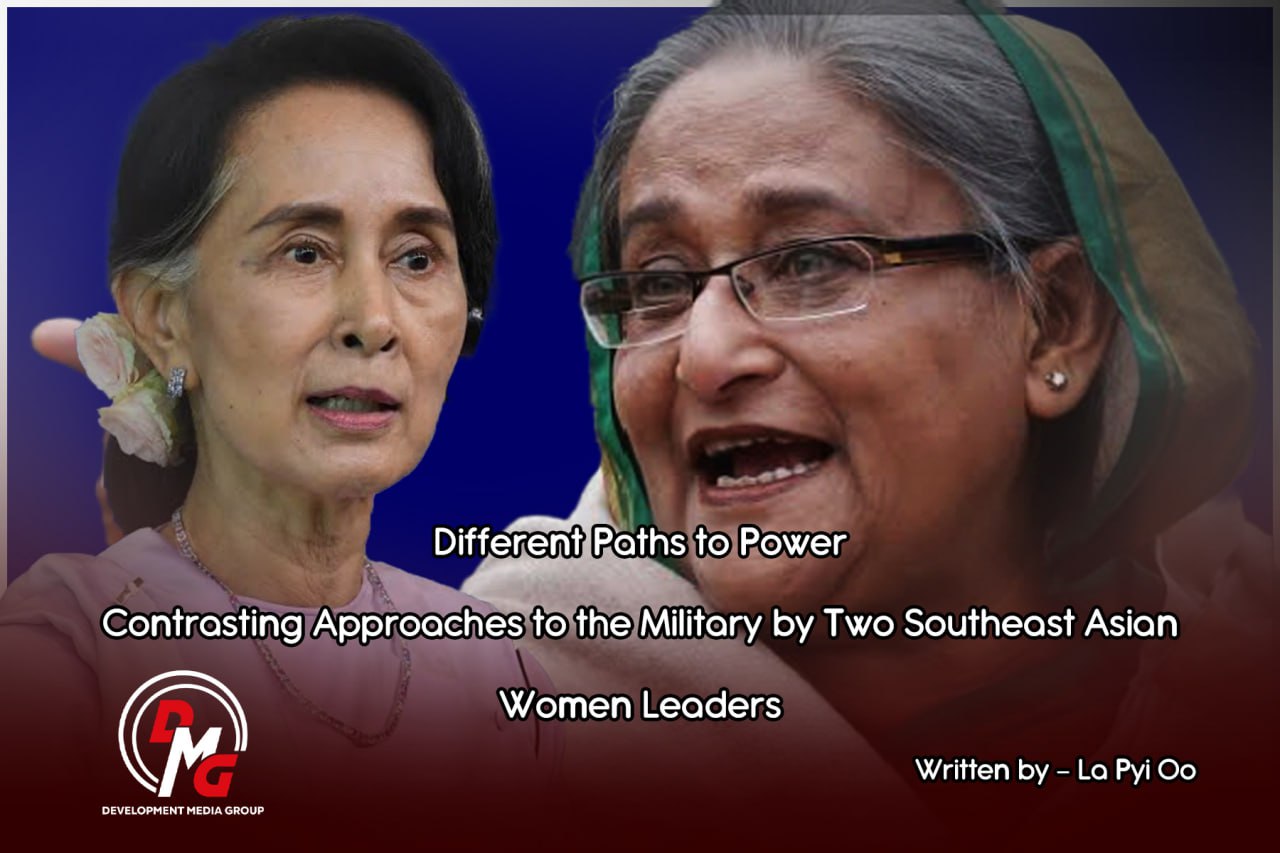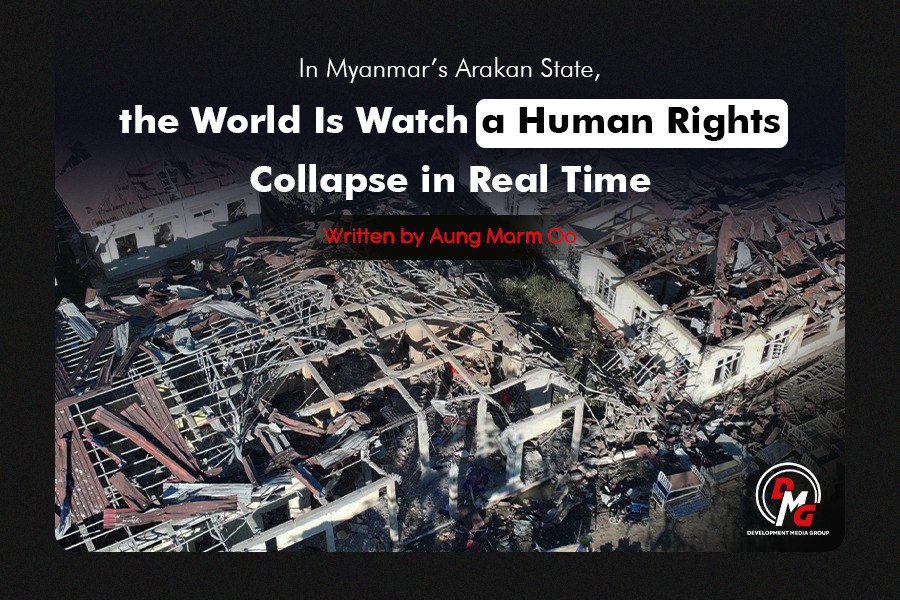- Junta unable to hold elections in dozens of wards and village-tracts in Sittwe, Kyaukphyu
- Fighting escalates between Myanmar military, Arakan Army in Ayeyarwady Region
- Regime steps up civilian arrests in Sittwe
- ULA safeguards Mrauk-U's ancient heritage
- Arakan on the Edge: What the DMG Landmine Impact Report Reveals About Myanmar's Deepening Humanitarian Crisis
Arakan State-based political parties look ahead to 2023 elections with mixed views
There are political parties in Arakan State that have decided not to contest the junta’s election, and there are parties that have declared that they will contest.
22 Jan 2023
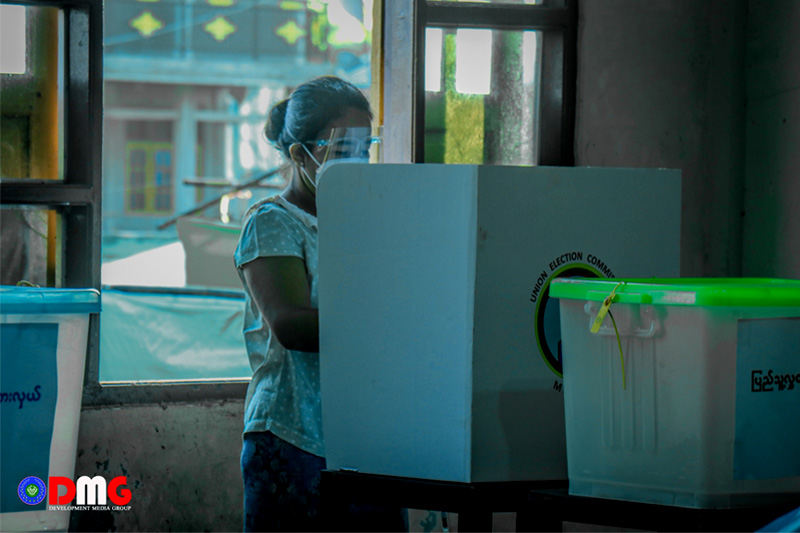
DMG Newsroom
22 January 2023, Sittwe
The military seized power on February 1, 2021, on the grounds that there had been widespread voter fraud in Myanmar’s 2020 general election, a claim widely refuted by independent poll monitors, the Myanmar public and much of the international community. The military regime has said that it will hold elections in 2023 and hand over power to the winning party.
The military regime’s two-year state of emergency will end on February 1. Myanmar’s military regime has begun conducting a population census across the country in order to facilitate the compiling of voter lists.
There are political parties in Arakan State that have decided not to contest the junta’s election, and there are parties that have declared that they will contest. There are also parties that are still on the fence, and say they are monitoring developments as the junta’s pre-election plans begin to unfold.
The Arakan Front party (AFP), Arakan National Party (ANP) and Arakan League for Democracy (ALD) are among the most powerful political parties in Arakan State. Of them, the ALD has clearly announced that it will not contest the election to be held by the military regime, said U Myo Kyaw, general secretary of the ALD.
“The ALD party has a clear policy and does not accept the sham election to be held by the military regime,” he said. “The ALD will not contest this election and it is considered that this election should not be recognised. We don’t like this dictatorship. The military regime is trying to hold onto power by creating a sham election so that the term of the military dictatorship could be extended.”
As a registered political party, if it does not contest the election, the party may be dissolved and would therefore become an illegal political entity, but the ALD will not fail, he added.
The AFP, led by Dr. Aye Maung, has said it will contest the junta’s election in order to avoid the dissolution of the party and to overcome the current political crisis.
The ANP, which won the most seats in the 2020 general election, has yet to indicate whether it will contest the election.
U Thar Tun Hla, chairman of the ANP, said there has been no formal discussion within the party regarding the junta-organised election.
“The ANP has not discussed anything about the election yet. The Union Election Commission has not yet instructed us about the election. That is why the ANP has not discussed the junta’s planned election,” he explained.
Political parties claiming to represent Arakan State’s ethnic subgroups are also weighing whether to participate in the junta-organised election.
Mro National Democracy Party Chairman U Aye Tun said that if major political parties in Arakan State contest the election, his party will too.
“The Mro National Democracy Party is a small party, so we have to look at the actions of the big political parties in Arakan State. If those big political parties don’t contest the election, we won’t be able to contest either. If the AFP, ANP and USDP [Union Solidarity and Development Party] contest the junta’s election, the smaller political parties must also contest,” he told DMG.
“We will also have to monitor the situation of stability and peace in Arakan State,” said U Than Htay, secretary No. 2 of the Khami National Development Party. “An informal ceasefire has been reached between the military and Arakan Army in Arakan State. If the ANP contests in the junta’s planned election, there is no reason for us not to contest. Since our party is only a tribal party, it is not a party that can encompass the Union, so we have to look at the situation in Arakan State.”
The junta is planning to hold the election in August using a system of proportional representation (PR) instead of the first-past-the-post (FPTP) model used in Myanmar’s previous three general elections held under the 2008 Constitution.
A PR-based election will likely benefit the military-proxy USDP and the military itself, given that the latter is constitutionally guaranteed to hold 25 percent of seats in Parliament.




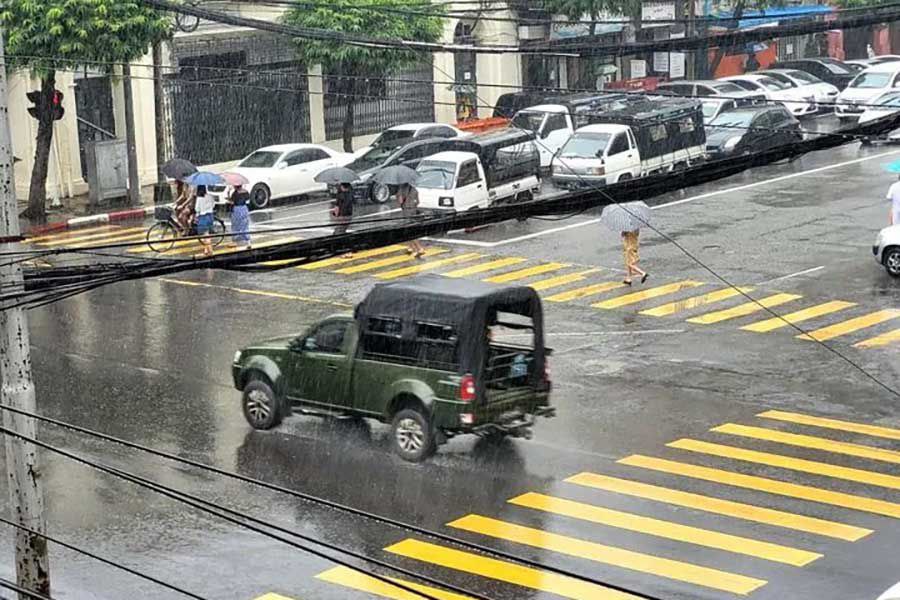
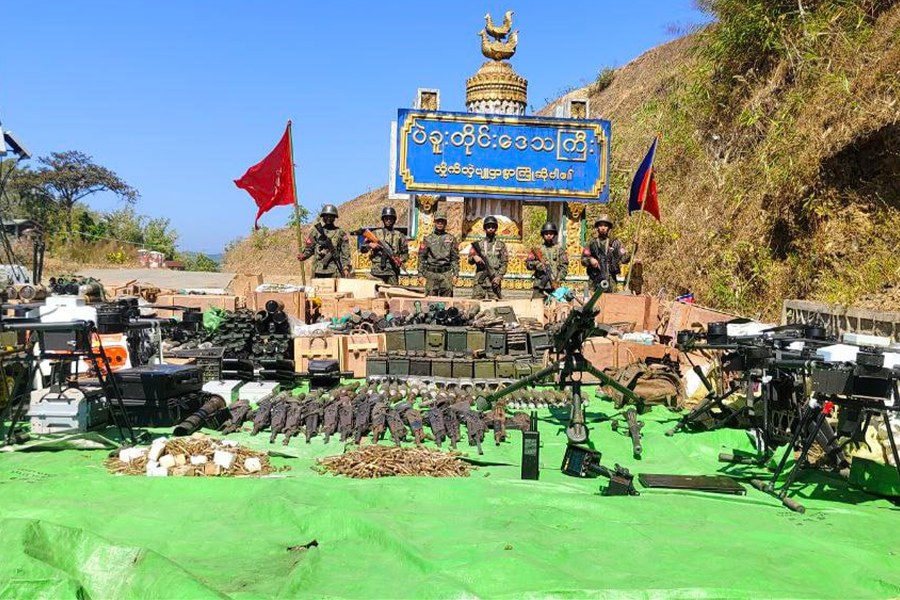

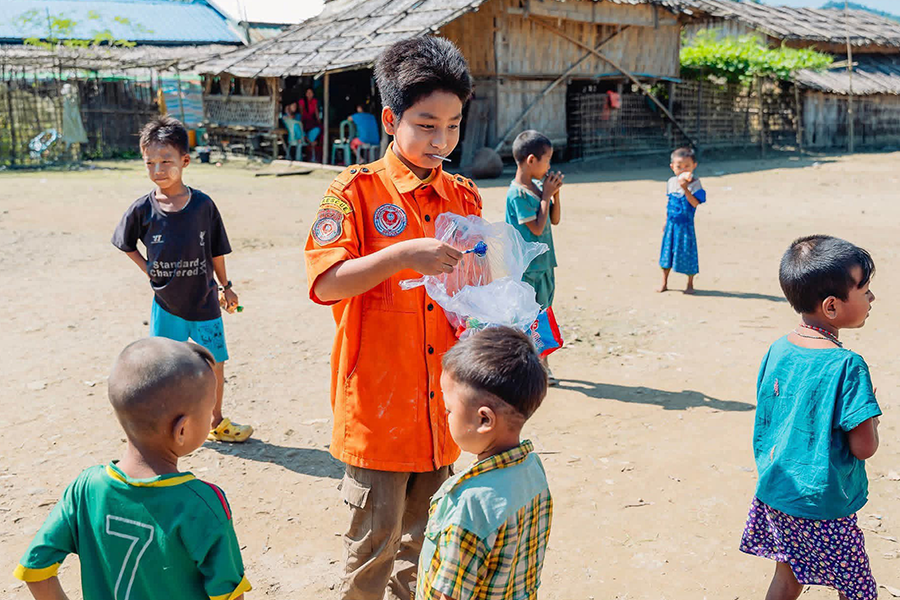
.png)







